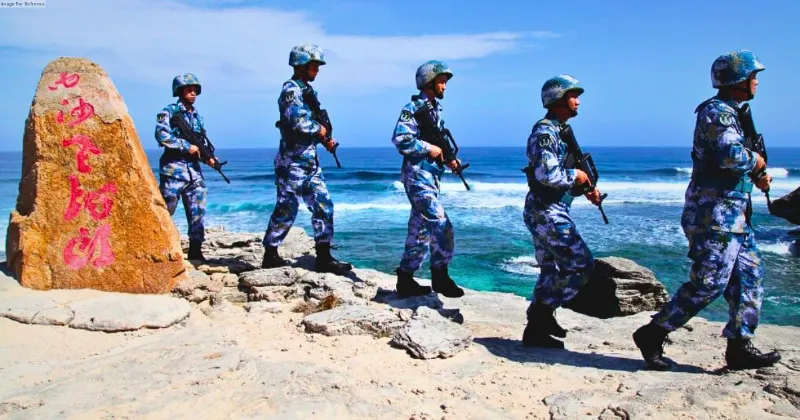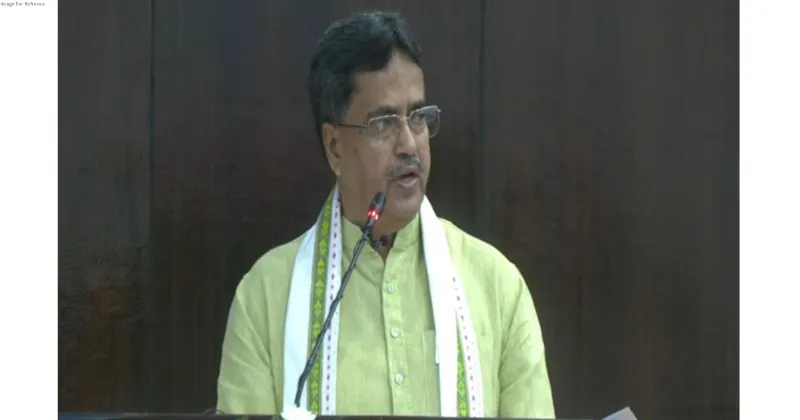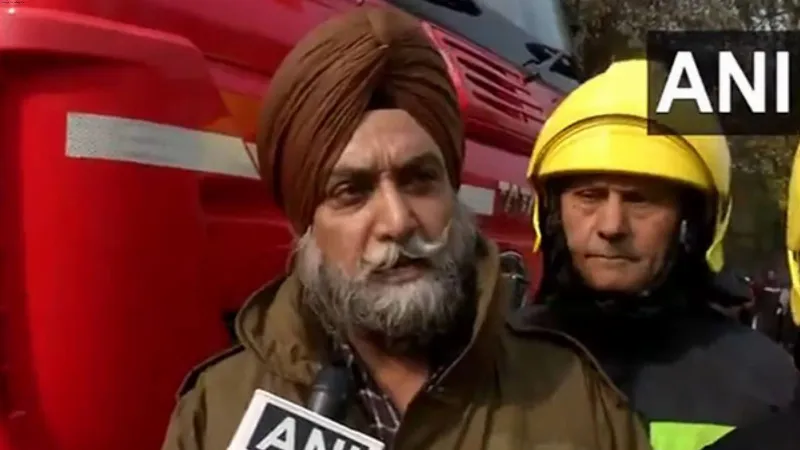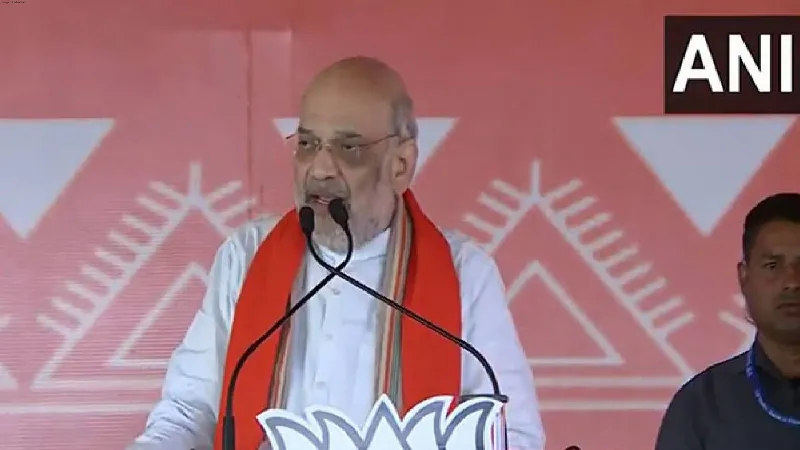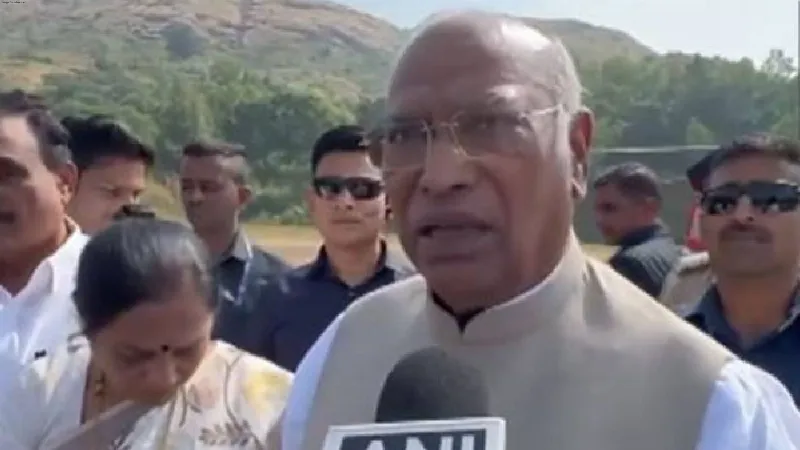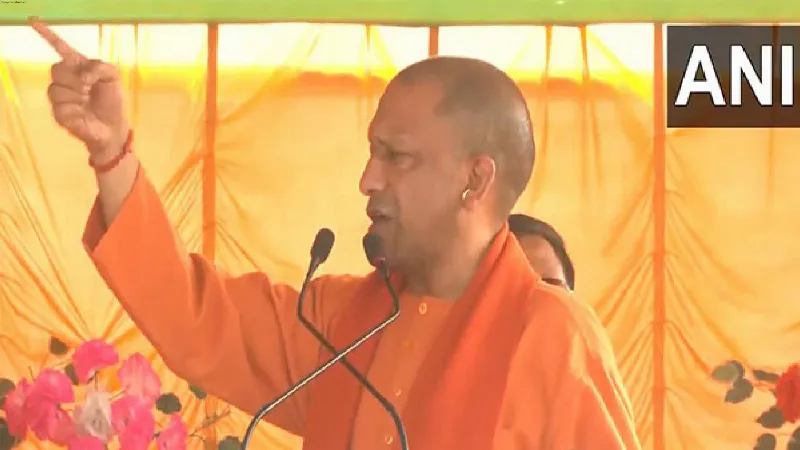Latest News
Is Pakistan flood catastrophe linked only to climate change?

Islamabad: The Pakistan government led by Prime Minister Shehbaz Sharif has washed its hands of its responsibility and blamed climate change for the floods in the country, but the reality is that it failed in providing a quick response which could have mitigated the catastrophe enormously, media reports said.
The government gave due credit to global warming and climate change but there was more to it than what met the eye. Pakistan could have saved the worst exigency of the decade however it was busy in political cacophony when the alarming bells were first rung, reported a Karachi-based journalist in local media outlet The Nation. Let's do a quick rewind. The unprecedented rains began in mid-June. A state of emergency was declared by the government on August 25. Soon after, lives began to get affected by the flash floods, and the political parties in Pakistan started to run their PR campaigns.
Former Prime Minister Imran Khan turned the plight of the people into a PR stunt. Khan made hollow claims to raise millions. It was all very murky. There is no information available in the public domain on the spending of the amounts collected, reported The Nation.
Many minted money from the donations the political parties received from various charities and various NGOs. There were few who were affected more than others.
The cities of Nowshera and neighbouring Charsadda, in Pakistan's Khyber Pakhtunkhwa province (formerly Northwest Frontier province), and their suburbs were the first major communities to be hit by the unprecedented floods.
The flash floods left about 7 million homeless this summer, the actual numbers are much higher than the government data. Infrastructure was destroyed and families including pregnant women and infants were swept away. It is the worst-ever natural disaster in the country to date.
According to a ClimateWire investigation, the cause of the flood disaster points to a calamity caused by man, the cumulative effect of erratic weather forecast by climate change models, excessive deforestation, massive soil erosion, and lax attention to infrastructure maintenance, engineering standards used by multinational companies and supremely, ignorance of mankind, reported the outlet.
Sindh and Balochistan provinces were the worst sufferers. Floods killed hundreds of people and displacing tens of millions. All of this comes in the backdrop of an economic turmoil which is crippling the country.
There is a rise in inflation, a double digit inflation. People are being deprived of basic amenities. Even as many were facing the brunt of the aftermath of floods, political tensions that have engulfed the country since former Prime Minister Imran Khan was ousted last spring continued to persist.
A serious question to answer at the moment is the outcome of the "worrisome" action plan of the government to help those who have lost their families, farms and their sole source of livelihood, and most importantly, the will to start afresh. (ANI)




